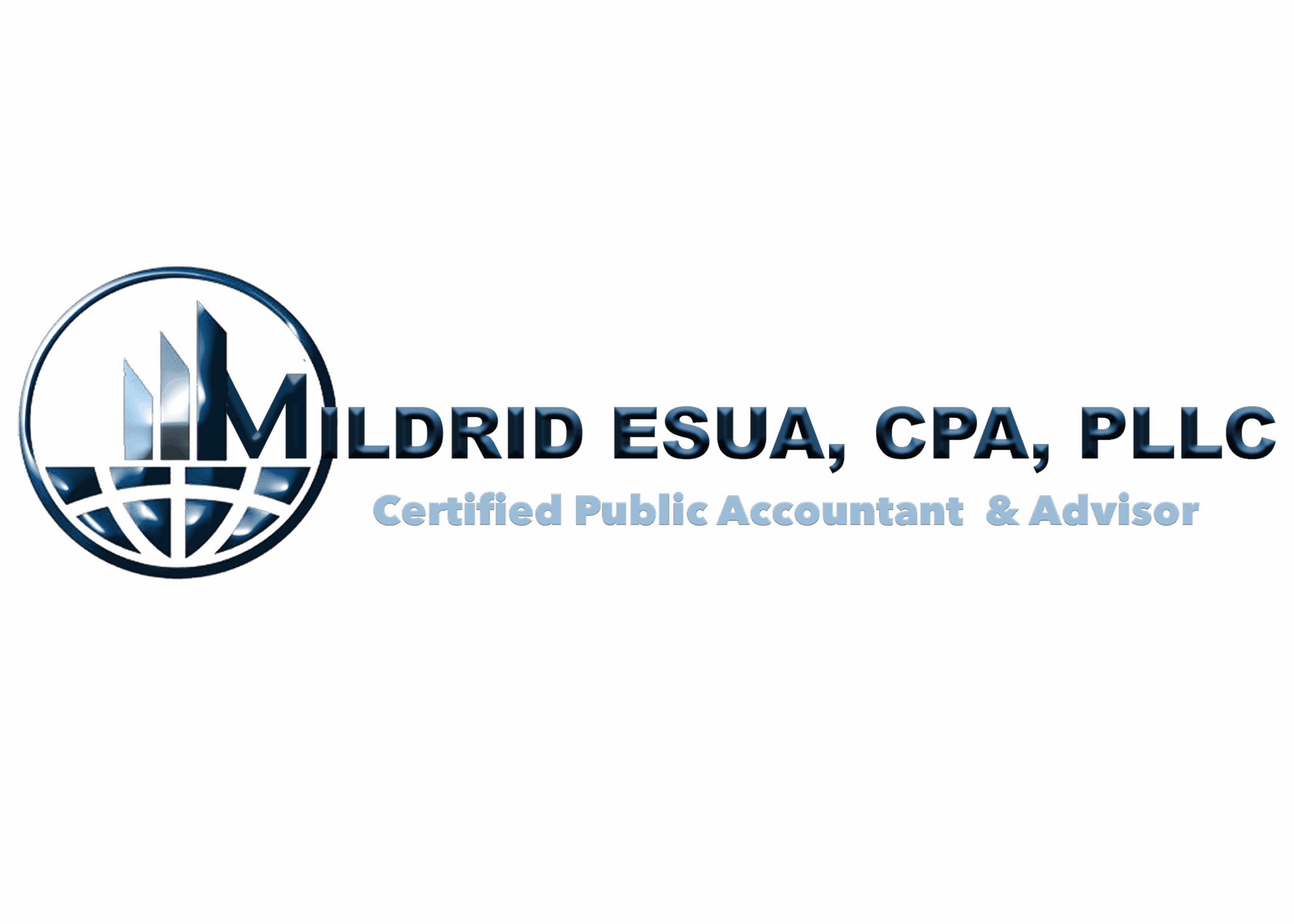An Offer In Compromise (“OIC”) is an agreement between a taxpayer and the IRS that settles a tax liability for less than the full amount owed. It is one of the only resolution options that compromises principal, penalty and interest due. The IRS will consider an OIC when it is unlikely that the outstanding tax can be collected in full over the life of the statute of limitations and when the offer reflects the reasonable collection potential of the taxpayer.
You may qualify based on an analysis of your income and the equity in your assets, which is used to calculate the reasonable collection potential (RCP). An Offer in Compromise will stop all IRS collection actions such as an IRS levy or wage garnishment.
The net realizable value of your assets + (your monthly income – your monthly expenses) = Your Offer in Compromise.
All payment plans and requests for debt assistance require an application fee. Offers in Compromise are no exception. You must pay a non-refundable $186 application fee, as well as an initial payment. You can choose how to settle that initial payment:
- Lump Sum Cash allows you to pay a percentage — often 20 percent — of the total amount you are offering to pay. This payment isn’t refundable. If your offer is accepted in writing from the IRS, you’re expected to pay the remaining balance. The IRS allows you to do this with as many as five payments.
- Periodic Payment requires you to submit an initial payment — which is again non-refundable — and to continue paying the IRS that amount every month until you get written confirmation of acceptance. At that time, you can continue to make monthly payments until the amount proposed is paid in full.
IRS ACCEPTANCE GUIDELINES
Getting an Offer in Compromise accepted relies on three things:
- Doubt of Liability. In this case, you have a genuine and vigorous dispute about either the amount of the debt or whether you owe the debt at all. If this is the case, you don’t have to pay the application fee.
- Doubt as to Collectability (DATC). In this instance, your income plus your assets aren’t enough to cover the full amount you owe.
- Effective Tax Administration (ETA). If this is the case, the IRS is sure the debt is yours and the amount owed is correct; however, paying the debt in full would mean an economic hardship. You may not have to pay the application fee in certain cases.

